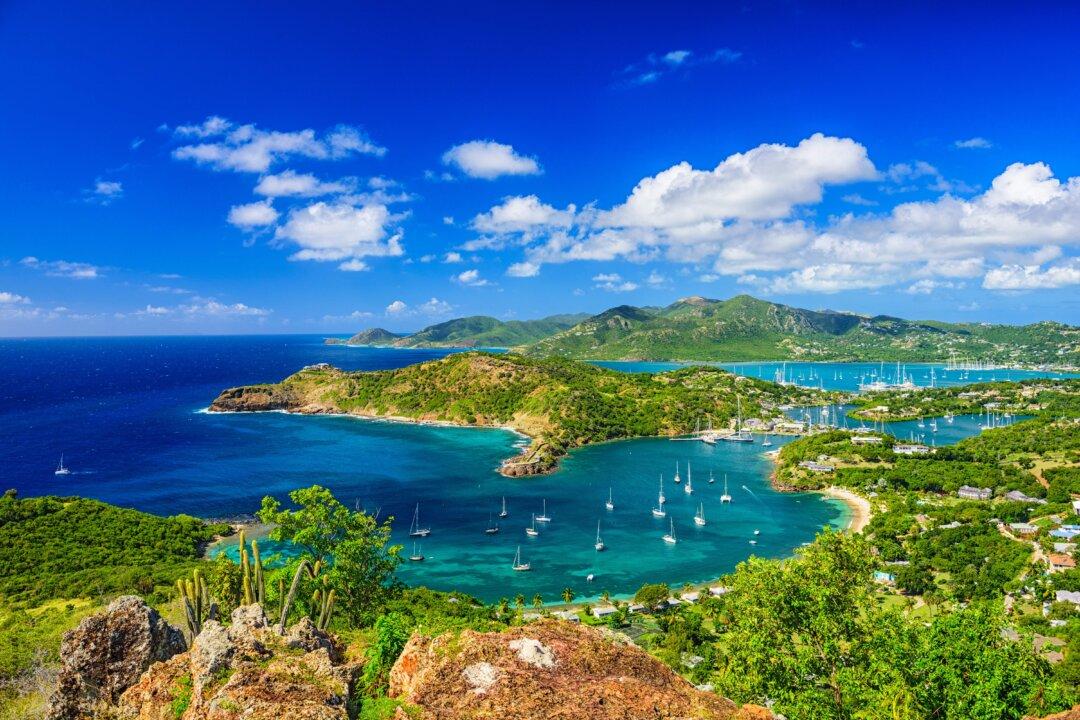Commentary
Imagine if, in addition to Yukon, Northwest Territories, and Nunavut, all north of 60, Canada also had tropical Overseas Territories in the Caribbean.

Imagine if, in addition to Yukon, Northwest Territories, and Nunavut, all north of 60, Canada also had tropical Overseas Territories in the Caribbean.